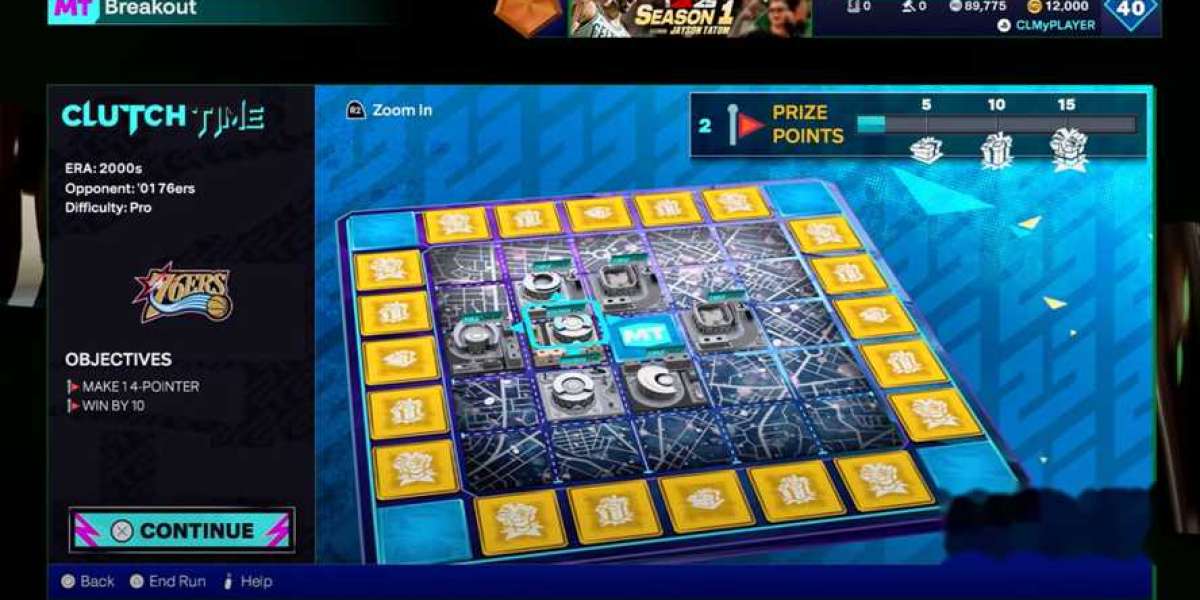Nearly all job seekers are well aware of the importance of a resume when applying for a professional opinion, but few realize the vital role that an accompanying cover letter plays in the selection process. In fact, your cover letter is just as important to your job search as is your resume.
Consider this: recruiters and managers often receive dozens, if not hundreds, of applicants for every one available position. With so many applicants to review, interviewers do not have much time to determine if you are qualified for the job. In fact, a recruiter typically spends between one and two minutes quickly glancing over a resume, hardly enough to thoroughly investigate if your skills set and experience is a good match for the position.
This is why a cover letter is such a critical tool to the job seeking process. The purpose of a cover letter is to clearly express your interest in and qualifications for a position to a prospective employer. So while the resume is a generic advertisement, your cover letter tailors your application to each specific job. By condensing your resume into key points and drawing the recruiter’s attention to the most relevant areas of your experience, you are assisting the recruiter in matching up your qualifications to that of the open position. And by taking the guesswork out of your resume, you greatly increase your chances of getting a call for an interview.
A cover letter has to “sell” your qualifications to a complete stranger and convince them that you are worthy of an in-person meeting. Therefore, as you can imagine, it is not an easy document to write. There are several guidelines, though, that should assist you in the cover letter development process.
Typically a cover letter is less than one page in length and has four main sections: the introduction, a highlight of your qualifications, a summary of why you are interested in the position, and a concluding follow-up. Before you start listing a litany of skills, though, it’s important to do some research on the company and the position for which you are applying to give you a better understanding of the company’s products or services, history, values, and target customer market. This will help give you a better idea of what recruiters are likely to be seeking in a candidate, and allow you to tailor your cover letter to specifically address those areas.
Part 1 - The Introduction:
Your cover letter should be addressed to the hiring manager, whenever possible.
Specifically mention the position(s) that you are seeking
Let the recruiter know how you heard about the position. If you saw the position advertised or were referred by someone, be sure to include this information.
Grab the reader’s attention and stimulate their interest in you right away!!
Part 2 – Summary of your Qualifications:
Highlight your strongest qualifications for the position you are seeking. Be sure to limit your qualifications to only those that are the most relevant to the position.
Show, rather than simply tell, the manager your qualifications by including specific, credible examples from your experience.
Quantify these qualifications whenever possible by focusing on pertinent figures, projects, awards, and equipment/software/tools you've used that are relevant to the job you want. For example, rather than highlighting your “excellent customer service skills” indicates that you “achieved a 98% customer satisfaction rating” or “increased department sales by 25% in the first quarter”.
Part 3 – Why you are Interested in the Position:
Let the recruiter know why you want to work at their company. What is it about the company that appeals to you?
Why does this particular position appeal to you?
Indicate why you are a good fit for the company. How will be an asset to the team?
Part 4 – Conclusion and Follow-up:
Refer employers to your enclosed resume so that they can review your qualifications in further detail.
Request a personal interview or meeting with the hiring manager.
Indicate how the recruiter should contact you. Be sure to provide a working phone number or e-mail address.
Set a time to follow up. For example indicate that you “will call to follow up on Monday afternoon”.
Thank the reader for his or her time.
One final note: your cover letter is the first impression that recruiters will get of you. A strong focused cover letter can convey a powerful, positive first impression. A weak non-focused letter, though, can kill any interest a recruiter may have in your qualifications, regardless of how strong of a fit you may be for the position. Be sure that you proofread carefully for grammatical and typographical errors before sending any correspondence.








